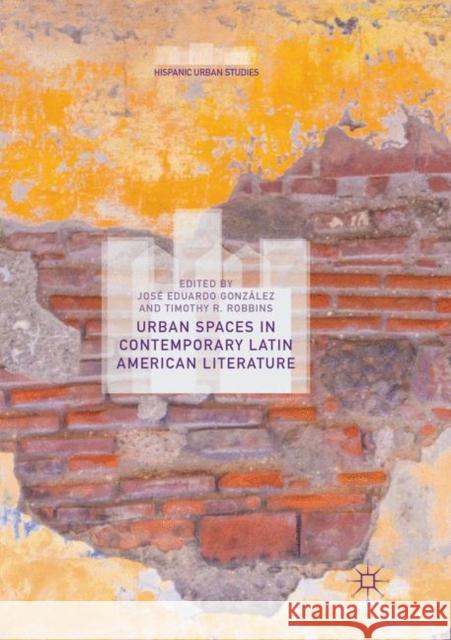Urban Spaces in Contemporary Latin American Literature » książka
topmenu
Urban Spaces in Contemporary Latin American Literature
ISBN-13: 9783030064303 / Angielski / Miękka / 2019 / 219 str.
Kategorie:
Kategorie BISAC:
Wydawca:
Palgrave MacMillan
Seria wydawnicza:
Język:
Angielski
ISBN-13:
9783030064303
Rok wydania:
2019
Wydanie:
Softcover Repri
Numer serii:
000772312
Ilość stron:
219
Waga:
0.28 kg
Wymiary:
21.01 x 14.81 x 1.24
Oprawa:
Miękka
Wolumenów:
01
Dodatkowe informacje:
Wydanie ilustrowane











